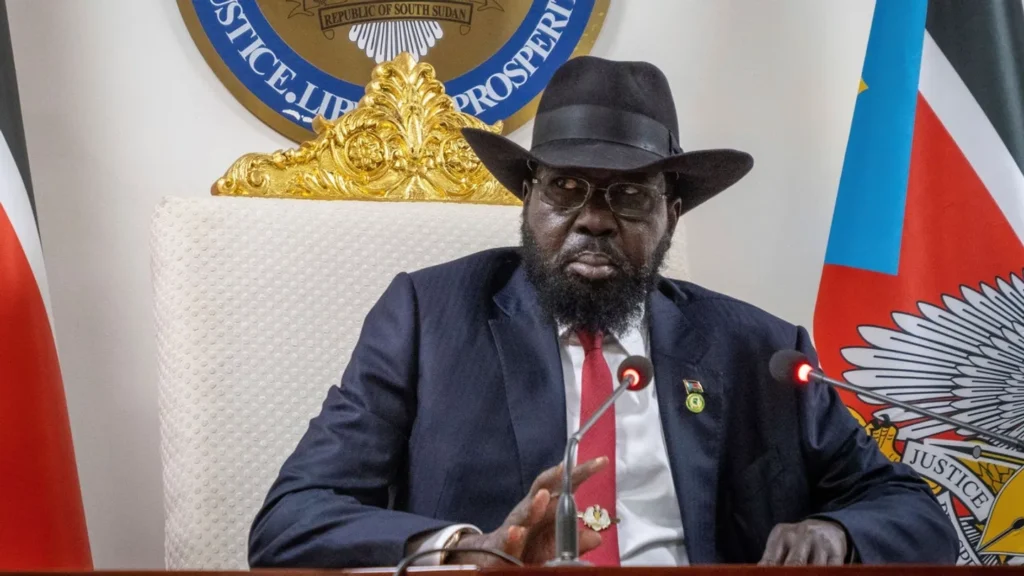President Salva Kiir marked South Sudan’s 14th Independence Day on Wednesday by acknowledging citizens’ hardships and urging unity in a nation still recovering from conflict.
In a televised address, Kiir recognized struggles since independence in 2011 but praised resilience. “It has not been an easy road, but we have proven that the strength of our people is great,” Kiir said. “We were born as a free nation, with dignity, identity and destiny.”
He thanked citizens for their patience, saying, “Because of you, we are still standing, and that alone is a victory.”
South Sudan, the world’s youngest nation, has faced conflicts, economic instability and delayed political transitions. Kiir pledged full implementation of the 2018 peace agreement, including unifying armed forces and holding general elections.
“No gun shall silence the voice of peace,” he said. “We will not go back to war.”
On the economy, Kiir vowed reforms in agriculture, infrastructure and education. “This economy must serve every citizen,” he said. He urged youth to reject tribalism and violence, promising government support.
Celebrations were scaled back due to economic constraints, but Kiir encouraged citizens to honor the day privately. “Let us heal the past,” he said. “Together, we can be the future we deserve.”
Reaction to Kiir’s speech
A number of analysts praised the president’s speech on the 14th independence anniversary but called for concrete action to fulfill his pledges. They emphasized the need for radical reforms and accountability to translate promises into tangible progress.
Jackline Nasiwa, founder of the Centre for Inclusive Governance, Peace and Justice, said South Sudan leaders must prioritize accountability and anti-corruption to improve services and growth.
“Economically, we are not supposed to be where we are; we should be a growing nation very fast in the region,” Nasiwa said. “But because of the economic crisis, we are not able to move.” She noted recurring violence and the lack of official celebrations for several years as setbacks.
Meanwhile, good governance advocate Ter Manyang said Kiir failed to address soaring food prices or the detention of First Vice President and opposition leader Riek Machar, a key figure in the peace deal.
“People are hungry and angry,” Manyang said, citing recent unrest like shop burnings in Gabat.
South Sudan gained independence from Sudan on July 9, 2011, after decades of war. A 2013 conflict between Kiir and Machar led to a fragile 2018 peace deal. Machar remains under house arrest in Juba since March.
Manyang said true independence means “citizens don’t sleep hungry, civil servants are paid on time, and there’s rule of law.” He called for a “second liberation” through youth-led civic engagement: “This is not the country our parents fought for.”




